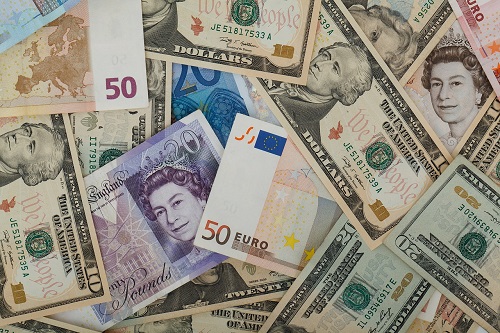pixabay photo
By
Ricardo Swire
The Cayman Islands is silhouetted by a heavy tax haven stigma that appeals to rich American and European nationals. It also has allure to money launderers and tax dodgers. Fifty thousand individuals are engaged in foreign-based tax-avoidance schemes, via several offshore centres in the Caribbean, there being 1,100 companies on the Cayman Islands. The British Overseas Territory (BOT) does not enjoy a similar level of welfare support as the UK proper. The state averages twenty percent of economy, whereas its Caribbean satellites are close to forty percent.
Cayman Islands’ residents pay indirect taxes on goods and services. A husband, wife and two children spend approximately £1,000 monthly on groceries. A four bedroom house averages £2 million with no restrictions or annual taxes on property with foreign ownership if purchased for personal use. In 2012 the American presidential hopeful and former Republican Massachusetts governor owned a substantial portfolio accumulated on the Cayman Islands. The American owner of “Bain Capital” controlled multiple accounts.
Initially the Cayman Islands were infamous for drug money. Now they accommodate the captive insurance industry. A cadre of hedge funds have been the catalyst of IRS and FinCEN compliance issues. The Cayman Islands Financial Crimes Unit kept busy with bogus investment companies, claiming to be based on the Cayman Islands, scamming potential New Zealand investors of US$20,000 amounts. In December 2017 the Cayman Islands was placed on a tax haven “Grey List” of countries the European Union use to monitor creative tax-avoidance schemes.
One American federal report named the Commerce Secretary, plus Securities & Exchange Commission chairman and Federal Reserve Board appointee, with ownership of fortunes in the Cayman Islands. The US Education Secretary, who is heiress to the Amway fortune, yacht is registered in the Cayman Islands and hoists a Cayman flag. The luxury craft officially belongs to “RDV International Marine,” an affiliate company which controls the Education Secretary’s family wealth.
FATCA is the centerpiece of American effort to counteract tax evasion. The process collects data on US taxpayer accounts. American financial institutions withhold a percentage of the foreign financial institutions’ payments if he/she does not identify and report US account holders. Some foreign banks report to the IRS voluntarily others via agreements. An Intergovernmental Agreement allows foreign banks to report to their own government on Americans. The foreign government then report to the IRS. In the last ten years seven times more money flowed from Russia to British overseas territories, such as Cayman Islands, rather than directly to Britain.
Cayman Islands routinely rejected Transparency International’s recommendations to establish a public central register. Such system compiles data which assist law enforcement investigations. The former Florida governor, turned senate aspirant, was found with Cayman Islands hedge fund investments exceeding US$400 million. Earnings on such savings totaled US$2.9 million. Other documented proof follows the trail of Argentine government power brokers who illegally diverted millions of dollars in public funds to offshore jurisdictions. Cash, originally intended for infrastructure projects, ended up in bank accounts held by shell companies that included Cayman Islands.
Ricardo Swire
Ricardo Swire is the Principal Consultant at R-L-H Security Consultants & Business Support Services and writes on a number of important issues.



No Comments Yet!
You can be first to comment this post!